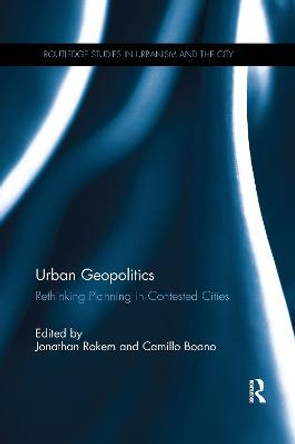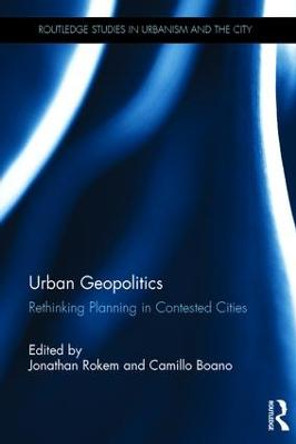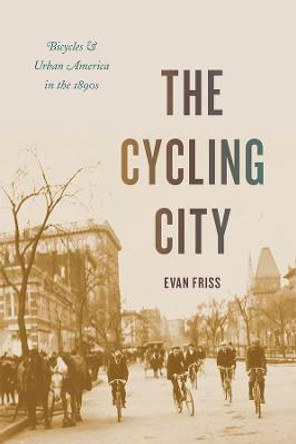Description
Ariane Liazos examines the urban reform movement that swept through the country in the early twentieth century and its unintended consequences. Reformers hoped to make cities simultaneously more efficient and more democratic, broadening the scope of what local government should do for residents while also reconsidering how citizens should participate in their governance. However, they increasingly focused on efficiency, appealing to business groups and compromising to avoid controversial and divisive topics, including the voting rights of African Americans and women. Liazos weaves together wide-ranging nationwide analysis with in-depth case studies. She offers nuanced accounts of reform in five cities; details the activities of the National Municipal League, made up of prominent national reformers and political scientists; and analyzes quantitative data on changes in the structures of government in over three hundred cities. Reforming the City is an important study for American history and political development, with powerful insights into the relationships between scholarship and reform and between the structures of city government and urban democracy.
About the Author
Ariane Liazos is a research advisor in the social sciences and lecturer at the Harvard Extension School. With Theda Skocpol and Marshall Ganz, she is coauthor of What a Mighty Power We Can Be: African American Fraternal Groups and the Struggle for Racial Equality (2006).
Reviews
A century ago, progressive reformers often thought expertise and nonpartisanship were the solution to extreme polarization and inequality in U.S. politics, as they do now. But Ariane Liazos dramatizes the unintended consequences of changes pursued in hundreds of U.S. cities in the early 1900s. The findings in Reforming the City hold important lessons for today's democracy reformers, along with all students of American history and politics. -- Theda Skocpol, Harvard University
This well-researched volume offers an important new perspective on an era of grassroots democratic reform that is highly relevant to our urgent social, political, and economic crises today, including a useful focus on unexpected alliances, unintended consequences, and lost opportunities. -- Robert D. Putnam, author of The Upswing: How America Came Together a Century Ago and How We Can Do It Again
In this comprehensive, provocative, and richly nuanced study, Ariane Liazos brilliantly shows how progressive reformers forged coalitions to end corruption, improve efficiency, and inspire civic participation in urban governance. Understanding their aims, the challenges they faced, and the surprising consequences of their efforts is indispensable for historians, political scientists, and activists mobilizing today to address the persistent tensions between administration and democracy. -- James T. Kloppenberg, author of Toward Democracy: The Struggle for Self-Rule in European and American Thought
Why are cities, once the birthplace of Progressive reform, often considered undemocratic today? How is it that Americans feel closest to their local governments and yet fail to participate actively in them? These and other puzzles drive Ariane Liazos's important study of how a wide range of actors joined together a century ago to remake how cities were governed and the unintended consequences of their efforts. This book has much to teach us about the past, but it also holds compelling lessons for our own day. -- Lizabeth Cohen, author of Saving America's Cities: Ed Logue and the Struggle to Renew Urban America in the Suburban Age
Reforming the City is the most thorough and persuasive study of municipal reform in American cities I have ever read. This detailed account is the most important work ever written on the topic. -- Robert Fairbanks, University of Texas at Arlington
Ariane Liazos has written an ambitious, elegant, and well researched book. -- Amy Bridges, University of California, San Diego
A compelling explanation for better understanding the struggles to restructure municipal government in many American cities between 1900 and 1930. . . . Highly recommended. * Choice *
Ariane Liazos has written a definitive account of how the council-manager system of governance - usually paired with at-large nonpartisan elections - became the dominant form of local governance, ultimately replacing ward-based partisan elections in many localities. * Political Science Quarterly *
Book Information
ISBN 9780231191395
Author Ariane Liazos
Format Paperback
Page Count 400
Imprint Columbia University Press
Publisher Columbia University Press









